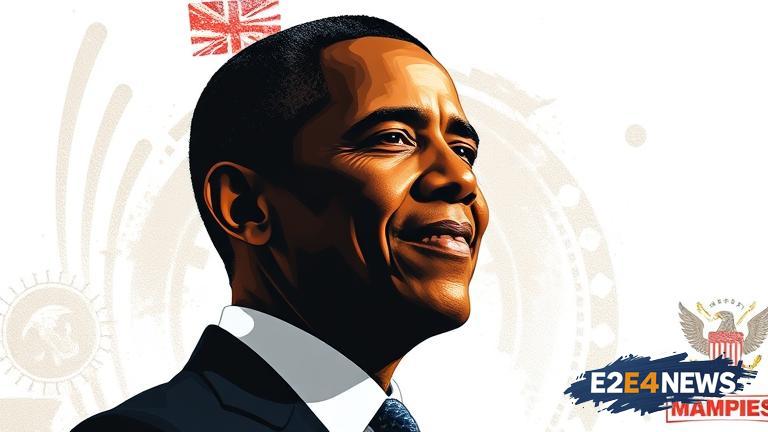President Obama, the first African American to hold the office, served two terms from 2009 to 2017. During his presidency, he implemented several significant policies, including the Affordable Care Act, also known as Obamacare, which expanded healthcare coverage to millions of Americans. He also took steps to address climate change, investing in renewable energy and implementing regulations to reduce carbon emissions. In addition, President Obama worked to reform the financial system, passing the Dodd-Frank Wall Street Reform and Consumer Protection Act to prevent future economic crises. His administration also made significant strides in advancing civil rights, including the repeal of ‘Don’t Ask, Don’t Tell’ and the legalization of same-sex marriage. Furthermore, President Obama prioritized education, launching initiatives such as the Race to the Top program to improve educational outcomes and increase access to higher education. He also took a strong stance on immigration reform, introducing the Deferred Action for Childhood Arrivals (DACA) program to protect young undocumented immigrants from deportation. In the realm of foreign policy, President Obama navigated complex relationships with countries such as Iran, Cuba, and Russia, seeking to promote diplomacy and cooperation. His administration also launched several military interventions, including in Libya and Syria, to address humanitarian crises and combat terrorism. Despite facing significant opposition from Congressional Republicans, President Obama remained committed to his vision for a more equitable and just society. Throughout his presidency, he maintained a strong connection with the American people, delivering powerful speeches and engaging in town hall meetings to listen to their concerns. President Obama’s legacy extends far beyond his policy achievements, as he inspired a new generation of leaders and activists to become involved in politics and social justice movements. His commitment to hope and change resonated with people around the world, earning him the Nobel Peace Prize in 2009. However, his presidency was not without controversy, as he faced criticism for his handling of issues such as drone warfare, surveillance, and economic inequality. Nevertheless, President Obama remains a highly respected figure in American politics, and his influence continues to shape the national conversation. As the first African American president, he broke down barriers and paved the way for future generations of leaders from diverse backgrounds. His presidency also marked a significant shift in the country’s cultural landscape, as issues such as racism, sexism, and homophobia became more prominent in the national discourse. In the years since leaving office, President Obama has remained active in public life, launching the My Brother’s Keeper Alliance to support young men of color and the Obama Foundation to promote civic engagement and community development. Through his post-presidency, he has continued to advocate for the values of justice, equality, and opportunity that defined his time in office. As the country looks to the future, President Obama’s legacy serves as a reminder of the power of leadership and the importance of working towards a more perfect union. His story is a testament to the enduring spirit of American democracy and the boundless potential of the human spirit. In conclusion, President Obama’s presidency was a transformative period in American history, marked by significant policy achievements, cultural shifts, and a renewed commitment to the values of justice and equality. As the nation continues to evolve and grow, his legacy will remain an essential part of the ongoing conversation about the meaning and purpose of American democracy.
